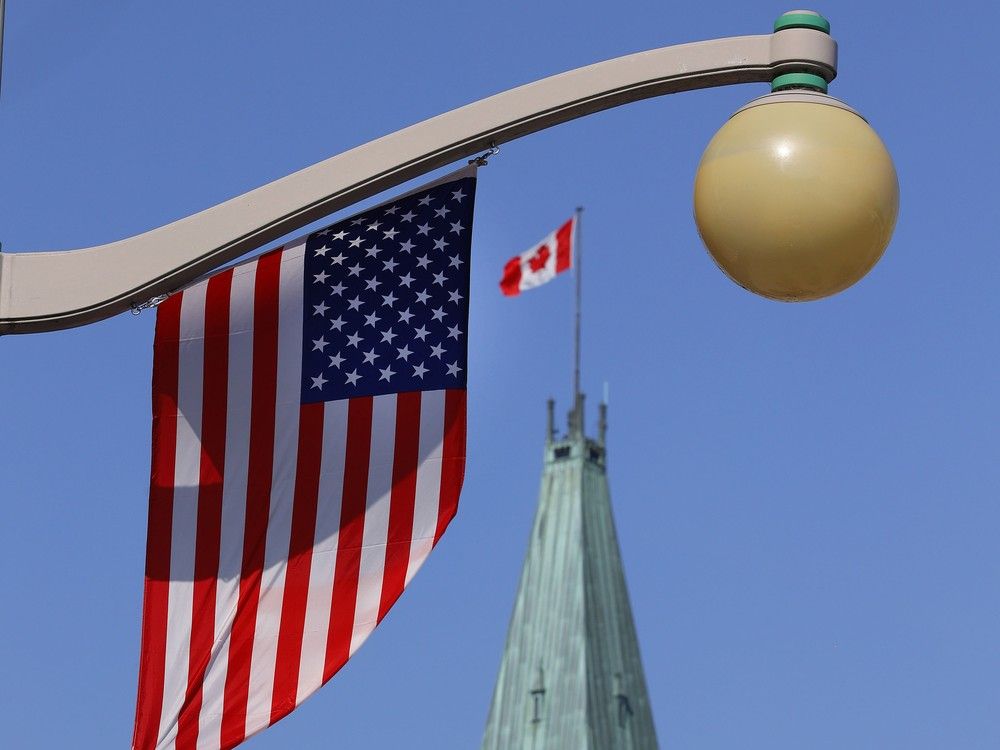
Canada's Trade Crisis: A Wake-Up Call for Economic Competitiveness
Alright, let’s talk about something that’s been making headlines lately—the trade crisis that’s putting Canada’s economic competitiveness under the microscope. The recent postponement of tariffs might feel like a sigh of relief, but let’s be real—it’s just a temporary reprieve. If anything, this should be a wake-up call for Canada to take a hard look at its economic standing.
For years, Canada has been lagging in productivity compared to its biggest trade partner, the U.S. While American business productivity has grown at over 2% annually, Canada’s has been crawling at just over 1%. That may not seem like a big deal in the short term, but over three decades, that gap compounds into a massive difference in prosperity, job creation, and economic growth. And with a potential leadership change and a federal election on the horizon, now is the time to address these weaknesses.
Also Read:- ‘Severance’ Season 2, Episode 4 Delivers Its Most Shocking Twist Yet
- Adelaide United vs Melbourne City – A Crucial A-League Battle Under the Lights
Here’s the problem—Canada is simply not competitive enough. High taxes, overregulation, and a business environment that doesn’t always reward risk-taking have made it harder for companies to thrive. Capital, whether domestic or international, craves stability and predictability. If our tax policies and regulations make investing in Canada unattractive, that money will go elsewhere. It’s as simple as that.
But it’s not all bad news. Canada has world-class talent, top-tier universities, a strong banking sector, and valuable natural resources. Our workers are highly educated, and our industries—ranging from manufacturing to agriculture—have the potential to be global leaders. The problem is, we need policies that actually support business growth, instead of hindering it. Reducing corporate and capital gains taxes, incentivizing investment in productivity-enhancing technology, and streamlining regulations could go a long way in making Canada a more attractive place to do business.
Another major issue? Trade. While Canada has done well in securing free-trade agreements, many businesses aren’t fully leveraging them. And even within our own borders, interprovincial trade barriers make it easier for EU countries to trade with one another than it is for Canadian provinces. That’s just not efficient.
At the end of the day, Canada needs to step up its game. The world isn’t going to wait for us to catch up. This trade crisis should be the push we need to embrace pro-growth policies, support businesses, and create an economic environment that attracts talent and investment. We’ve got the resources, we’ve got the people—now we just need the right policies to make Canada a true global competitor.
Read More:

0 Comments